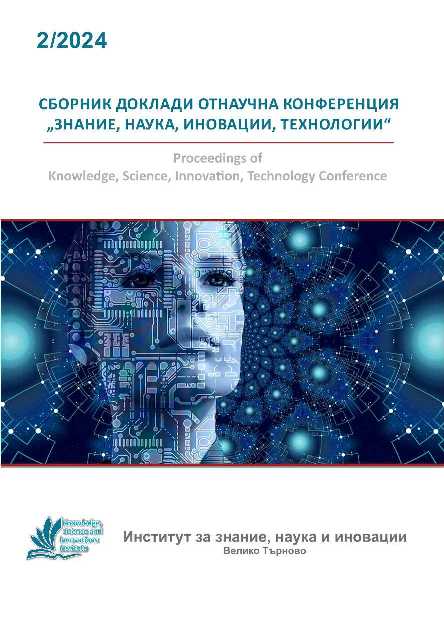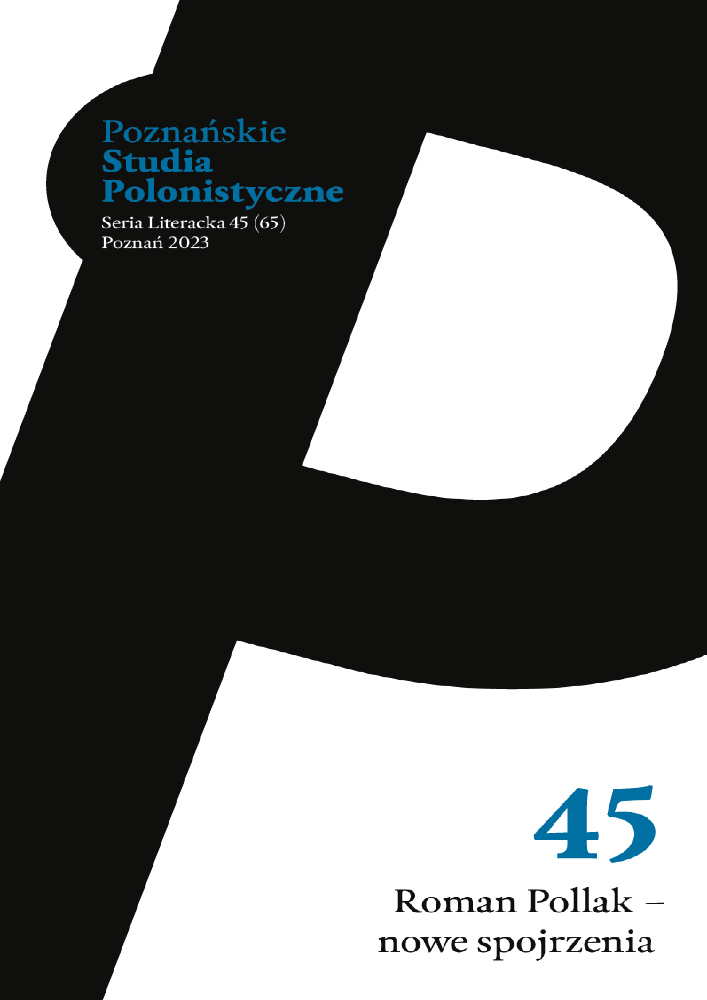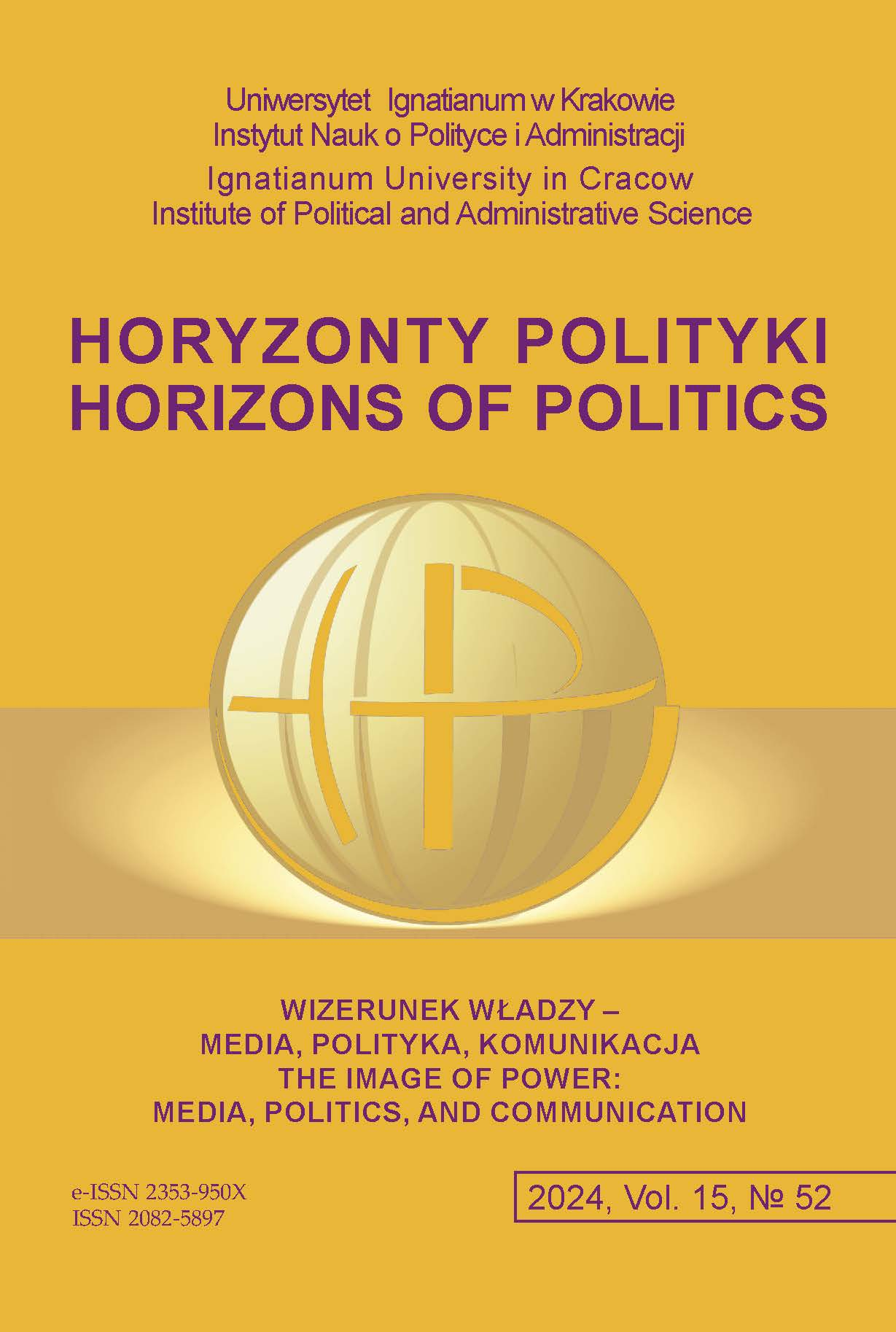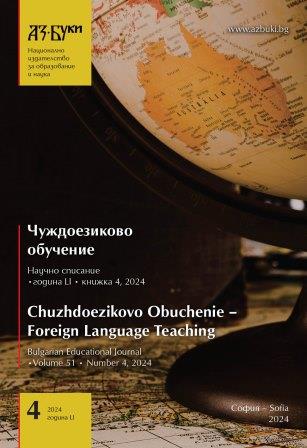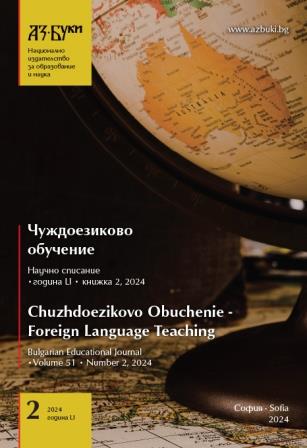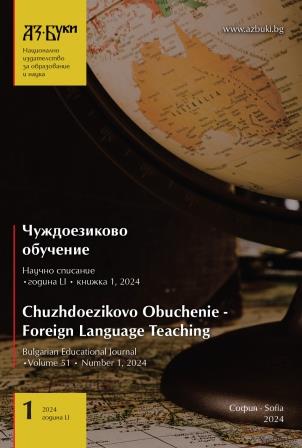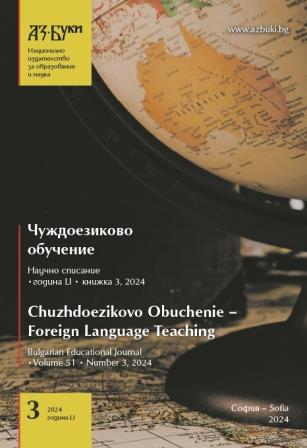
Необходимост от изучаване на речевата патология
The article argues for the need to study speech pathology in adults in order to improve communication in the field of health care and to overcome crisis in the social and personal contacts of persons with speech disorders. A critical review of the state of research in our country in the field of neurolinguistics from the 1970s until now has been made. The emphasis is placed on the reception of world achievements in the diagnosis and therapy of aphasias, taking into account the specificity of the Bulgarian language.
More...
